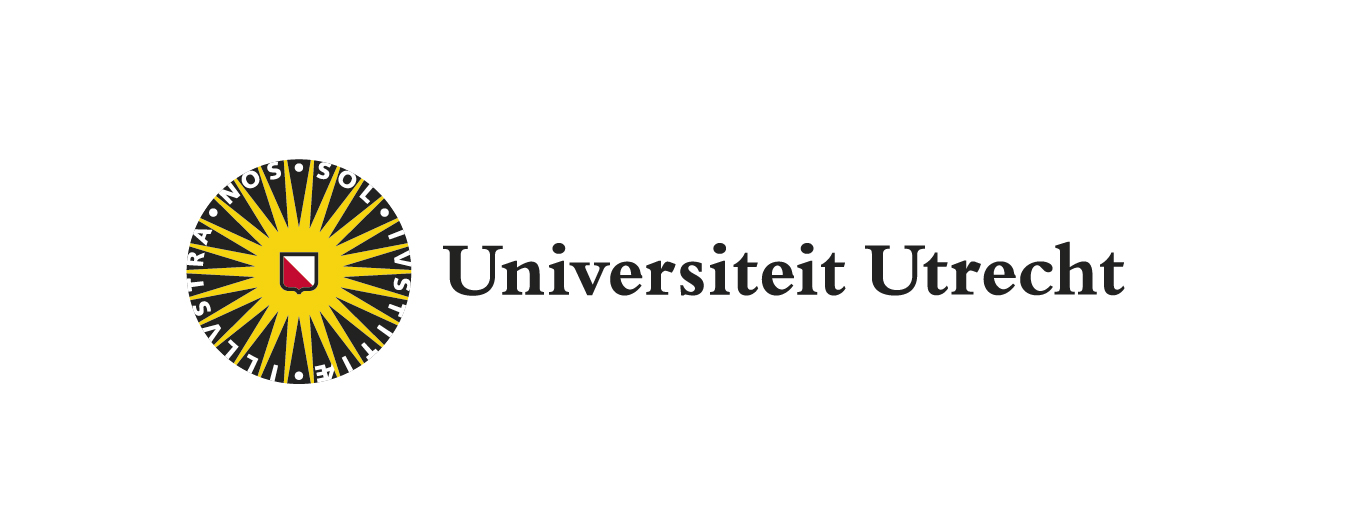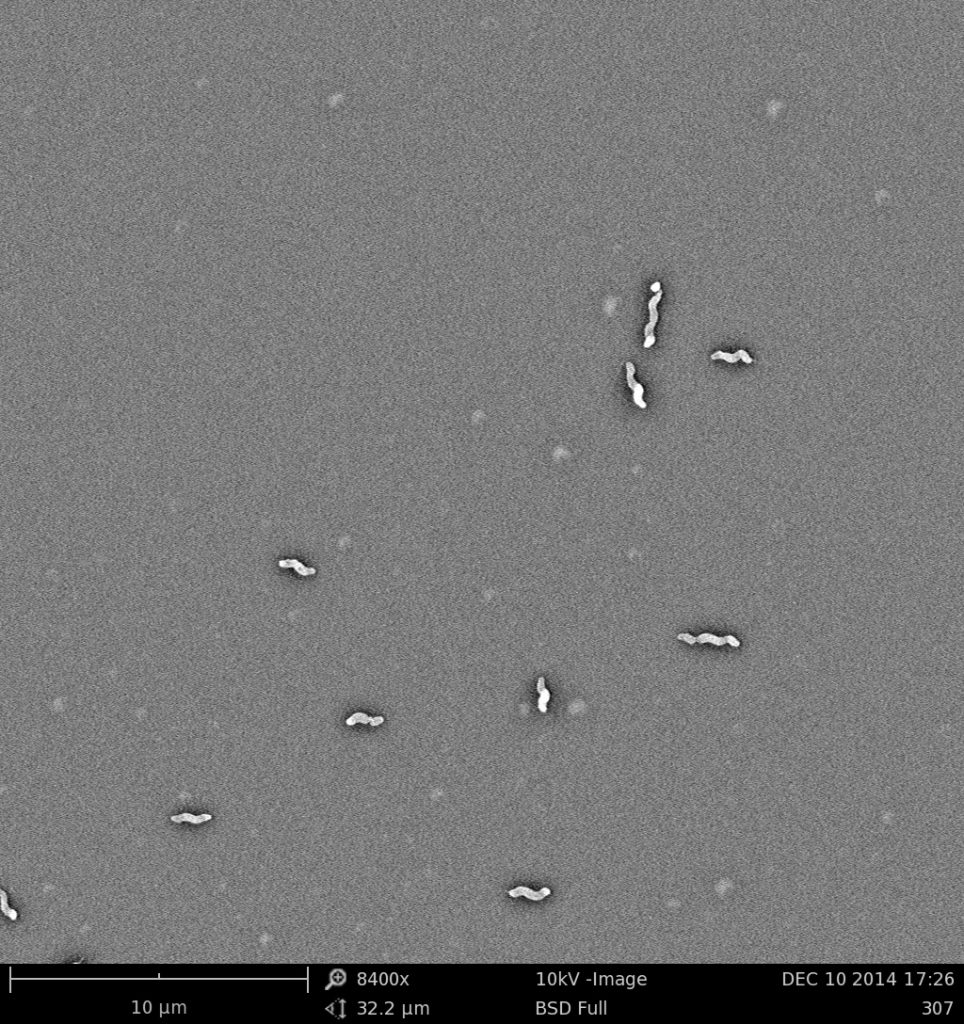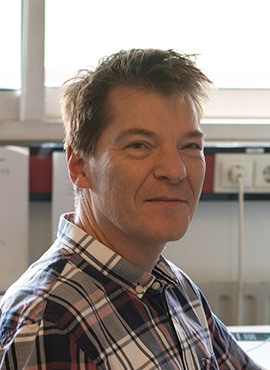- - Genetic engineering of bacteria, PCR, restriction-enzyme analysis, sequence-analysis.
- - Microbiological techniques, generation of automatic growth curves under different gas atmospheric conditions, mobility and chemotaxis assays.
- - Gene expression studies, transcriptomics and proteomics analysis, real time RT-PCR, enzyme assays, promoter fluorescent reporter assays.
- - Protein-protein or DNA/RNA interactions, protein purification, SDS-PAGE Western and Far-Western blotting, electro mobility shift assays.
- - Metabolomics and fatty acids analysis, HPLC-MS Analysis.
- - Tissue culture invasion and adaptation assays
 Infection Biology
Infection Biology
Department of Biomolecular Health Sciences – division Infectious Diseases and Immunology
Marc Wösten Group

Bacterial Adaptation Mechanisms
Marc M. Wösten Group
Metabolic activity is essential in all living organisms to generate energy for cellular biosynthesis.
Unlike plant and animal cells, most bacteria are exposed to a constantly changing physical and chemical environment. In order to survive or to cause disease bacteria must be able to control their metabolism in response to changes in the environmental conditions. This project aims to discover molecular mechanisms and environmental signals that play a role in the survival and pathogenesis of intestinal bacteria. The work involves the use of a combination of molecular biology, biochemistry, microbiological and tissue culture techniques and is carried out in an international setting. Greater understanding of bacterial metabolism in different environments like within host tissues is important for increased understanding of hostpathogen interactions and to develop novel therapeutic, prevention and diagnostic strategies.
Techniques:

Marc M.S.M. Wösten
